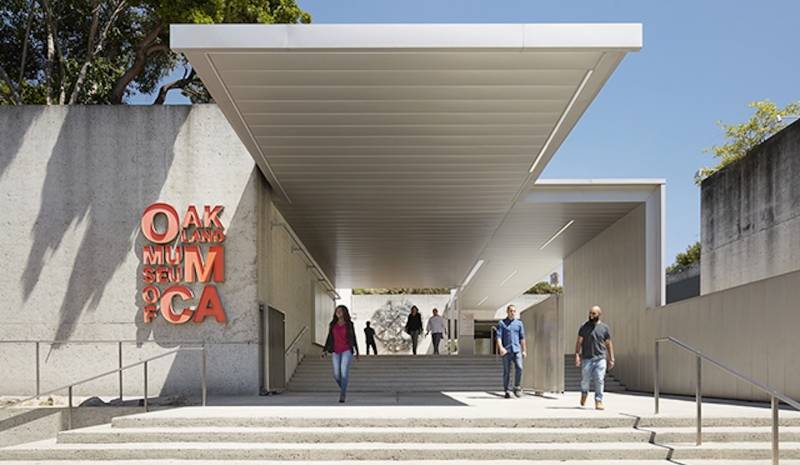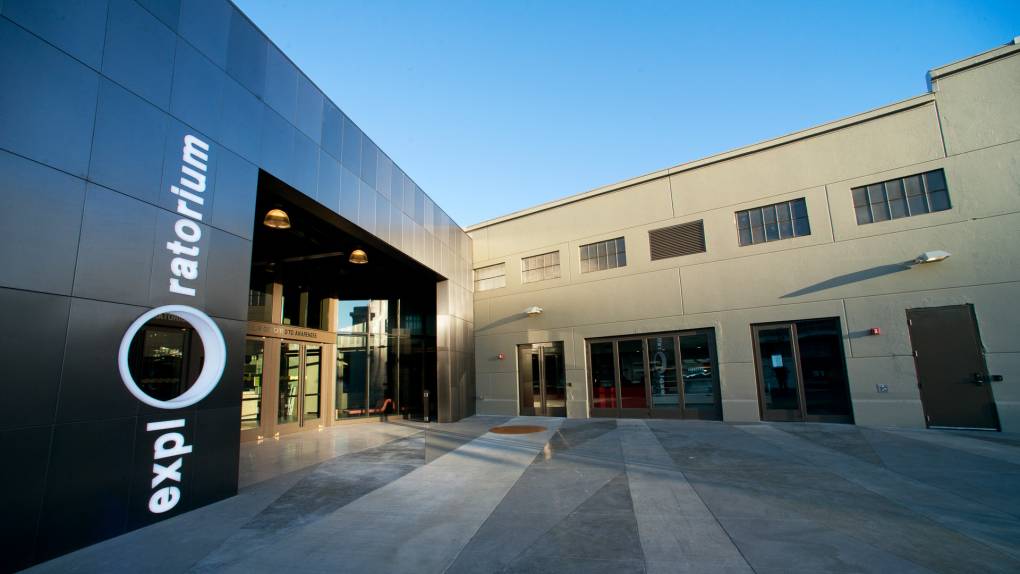On Wednesday, Oakland Museum of California (OMCA) announced hours reductions for 106 full-time staff members in a cost-saving measure designed to retain 44 part-time employees and avoid the layoffs being implemented at other local cultural organizations.
Oakland Museum of California Announces Hours Reductions Affecting 106 Workers

The museum of art, history and science has been closed since March 12 in accordance with government orders to stem the spread of the novel coronavirus, and previously pledged to pay staff for regularly scheduled hours until April 12. The Wednesday announcement details cuts in effect from April 13 until at least June 30 as OMCA projects $1.5 million in losses.
The museum is cutting non-essential expenses, including program costs, for the rest of the fiscal year. Its executive team is also taking a “significant pay cut.” Staff will continue to receive benefits including health insurance, paid sick leave and retirement contributions.
The cutbacks allow Oakland’s largest arts organization to avoid disproportionately harming its lowest-earning staff. “We’re trying to balance our values with the financial reality,” Lori Fogarty, director of OMCA, said in an interview. “I worry the inequity we see in society at large is mirrored in cultural organizations. We’re trying in our small way to mitigate that.”
The San Francisco Museum of Modern Art, the Exploratorium and Museum of the African Diaspora, facing similarly steep declines in ticket sales and donations while closed to the public, recently announced layoffs and furloughs affecting hundreds of workers. A survey last month found 28 percent of the city’s arts organizations were also contemplating layoffs.
Although OMCA was forced to cancel its 50th anniversary gala fundraiser, Fogarty was heartened that many supporters donated the cost of their tickets rather than ask for refunds. Still, she expects charitable giving and municipal support to decline. Fogarty wants donors to know their money doesn’t just support shows and events. “It’s also about jobs—amazing people work here,” she said.
Fogarty said OMCA, which reported $19 million in revenue for the fiscal year ending in 2018, is fortunate to have diversified income sources; it doesn’t rely on ticket sales to the extent of some performing arts organizations, for example. And most funders are now allowing grantees including OMCA to use project-based awards instead for operating support such as payroll. “But no one can weather being closed for weeks or months on end,” she added.
Hella Feminism, OMCA’s major spring exhibition, is being delayed a year. Construction on the museum’s $20 million exterior renovation—designed to open the courtyard to Lake Merritt pedestrian traffic—is currently halted. Fogarty anticipates the project will be months behind, but disruptions to the materials supply chain could further prolong construction.
Impressed by the new Arts Relief Program recently created with public dollars to support individual artists and cultural organizations in San Francisco, Fogarty also hopes the challenges will galvanize arts figures to rally for greater city support in Oakland. “In my conversations with colleagues in the East Bay, we agree it’s time to come together and be stronger advocates,” she said.




